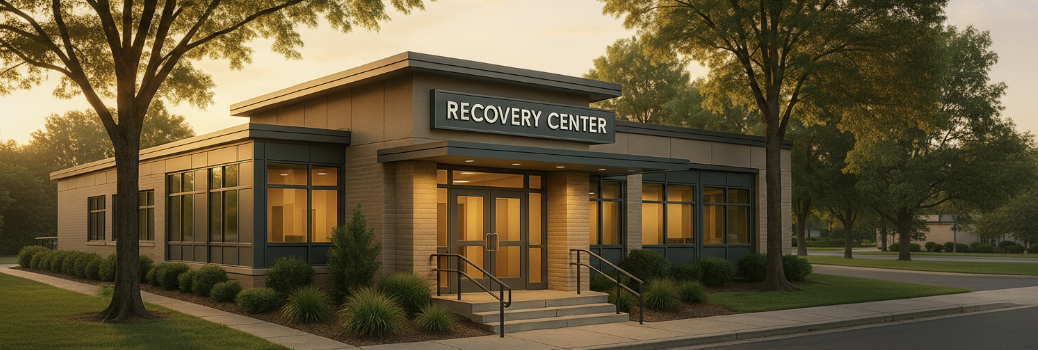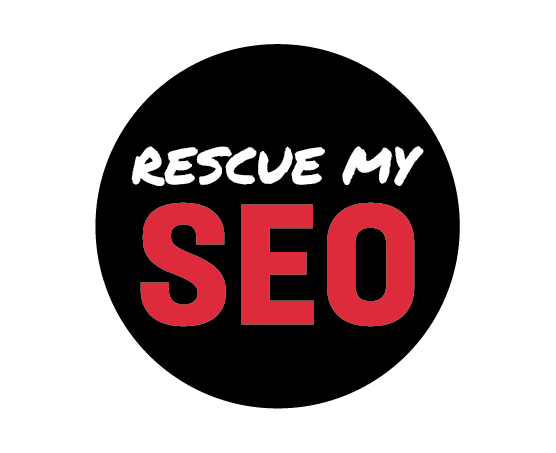
When individuals or families search for rehab centers, their journey usually starts on Google with local, urgent, and highly specific questions. As an agency deeply involved in helping small businesses and healthcare providers compete in crowded markets, we’ve seen firsthand how local SEO can make all the difference for treatment centers that want to earn trust and attracts more admits. In this guide, we’ll go far beyond the basics, sharing practical steps proven to boost your presence, increase inquiries, and help more people connect with your center at their most critical moments.
Why Local SEO Matters for Rehab Centers
When people look for addiction treatment options, proximity, reputation, and immediacy are often key factors. Google knows this. As a result, its algorithms heavily favor local listings, reviews, and signals of trustworthiness when ranking results for phrases like “drug rehab near me” or “alcohol treatment in [city].” In our experience, facilities that invest in local SEO continuously outperform those that rely solely on general or national marketing.
- Visibility where it counts: Top 3 local results (“local pack”) get the lion’s share of clicks and inquiries.
- Trust during urgent decisions: Families and individuals are more likely to contact centers that appear prominent locally, have positive reviews, and feel active and engaged online.
- Control your narrative: Dominating local searches means you set the tone about your center-even in the face of aggregator sites and competitors.
1. Optimize Your Google Business Profile (GBP)
The foundation of effective local SEO is a complete, current, and well-managed Google Business Profile (GBP). Many centers overlook or neglect this, but it is often a make-or-break step for local rankings.
- Claim and verify your GBP for each treatment location. Make sure address, phone, hours, and services are up-to-date and precisely match what’s on your website.
- Add high-quality photos of your facility, staff, and amenities. Real imagery builds trust quickly and can increase engagement with your listings.
- Describe all services using keywords your local audience uses (e.g., “opioid detox in [city]”, “PHP program near [neighborhood]”).
- Post regular updates (events, alumni stories, milestones) to demonstrate ongoing activity and relevance.
- Embed your Google map directly on your Contact or Location page-this strengthens location signals for Google and helps clients find you easily.
2. NAP Consistency Across the Web
Name, Address, and Phone (NAP) consistency is one of Google’s strongest ranking signals for local SEO. Every instance of your center’s identity across the web needs to be identical-right down to abbreviations, suite numbers, and phone formatting.
- Use exactly the same NAP on your website, Google profile, directories, B2B sites, and any local listings.
- Update old addresses or numbers immediately. Outdated information can not only confuse families, but also break Google’s ability to trust your legitimacy.
- Automate regular NAP audits or use tools to spot variations you may have missed.
3. Build Local & Industry Citations
Citations-mentions of your name, address, and phone on trustworthy, third-party websites-validate your business’s presence in a geographic region. The more reputable and accurate these citations, the stronger your center’s local authority becomes.
- Add your rehab facility to key healthcare, behavioral health, and local business directories (example: Psychology Today, SAMHSA, Healthgrades, local Chamber of Commerce, city “.gov” directories).
- Include regional or niche-specific addiction directories.
- Double check and update your NAP for each listing.
- Monitor and refresh your citations regularly-especially after moves, rebrandings, or phone/email changes.
4. Encourage and Respond to Local Reviews
Reviews-especially on Google-heavily influence both your rankings and a family’s confidence to reach out. Centers with consistent, recent, and high-quality reviews generally see more inquiries.
- Ask for reviews from clients (when appropriate) and their families after successful discharges.
- Respond to every review, positive and negative. Demonstrate empathy and offer offline contact for any concerns. This builds a reputation for openness and responsibility, which Google favors.
- Highlight your best reviews and testimonials on your website to increase conversion rates from organic search.
- Steady review acquisition is better than a sudden surge; aim for a consistent, natural stream every month.
5. Use Local Landing Pages
Don’t try to get every local searcher to your homepage. Instead, create specific landing pages for every city, major neighborhood, or service region you want to dominate.
- Each page should include:
- Service details tailored to that community’s needs
- Mentions of local landmarks, neighborhoods, and regional terminology
- Testimonials or success stories from that specific area (when possible)
- Unique images and content
- Embedded Google Map for your location
- Update each local page quarterly with recent news, achievements, or community work to signal ongoing relevance.
6. Smart Keyword Integration: Go Beyond City Names
Local SEO for rehab isn’t just about “rehab center in [city].” People often search for specific treatments, insurance, and amenities.
- Weave natural, location-based keywords throughout your site: “Dual diagnosis in [city],” “MAT program near [suburb],” or “insurance-covered inpatient in [region].”
- Add these keywords to Title Tags, Meta Descriptions, Headers (H1, H2), internal anchor text, and body copy-but don’t force it. Google rewards clear, relevant language, not keyword stuffing.
- Use tools like Google Search Console to track keyword movement and discover which phrases actually bring inquiries from your target cities.
7. Strengthen Mobile Usability and Site Health
More than 2 out of 3 treatment searches happen on mobile. If your website doesn’t load quickly, isn’t easy to click, or isn’t accessible on every device, you’ll lose admits-to both search rankings and user frustration.
- Compress images and use modern coding for fast loads (aim for under 3 seconds on mobile connection).
- Ensure every page has click-to-call and simple contact forms visible on mobile screens. Some providers miss out on calls just because the number is buried!
- Make your navigation and local landing pages mobile-first-clear, scannable, and easy to use while on the go.
8. Implement Local Business Schema and Structured Data
Adding Local Business Schema (a type of structured markup) gives Google extra detail, making it more likely to showcase your center in map packs, knowledge panels, and answer boxes.
- Include all relevant details: NAP, business type, hours, services, accepted insurance, and accreditations.
- If you have multiple locations, add unique schema for each.
9. Build Local Backlinks and Partnerships
Google measures authority by who links to your center. Local partnerships, news coverage, and mentions from area organizations are invaluable.
- Collaborate with referring physicians, counseling groups, or university health centers for resource links or press releases.
- Sponsor or participate in health fairs, community events, or support groups that may reference or link to your website.
- Respond to or pitch stories to local journalists about mental health awareness or addiction treatment trends.
10. Track, Adapt, and Continue Improving
Local SEO is not a “set and forget” project. Google’s algorithms, competitor tactics, and user expectations evolve constantly. Set up proper analytics tracking (Google Analytics & Search Console), monitor rankings and phone call volume, and be ready to iterate.
- Run quarterly local SEO audits: What pages need updated NAP, new reviews, fresh content, or technical improvements?
- Monitor major local competitors (including programs aggregators and paid directories) and see where you can outmaneuver or fill content gaps.
Get the Local SEO Advantage
As a small team that’s truly passionate about helping local small businesses and healthcare providers grow, we’ve learned the real power of local SEO isn’t in overnight hacks-it’s in consistency, transparency, and genuinely serving your community. The reward? Greater visibility, increased inquiries, higher admit rates, and most importantly, the knowledge that people in need can find your care exactly when they need it.
If you want a partner committed specifically to local SEO for healthcare and rehab centers-not just generic advice-let’s talk. At Rescue My SEO, we can provide an honest, thorough audit, and a clear custom plan for dominating Google’s local search in your area-without the typical agency hype or one-size-fits-all thinking.
Your mission is critical. Let’s make sure your rehab center stands out for every family searching for real help, right in your community.
